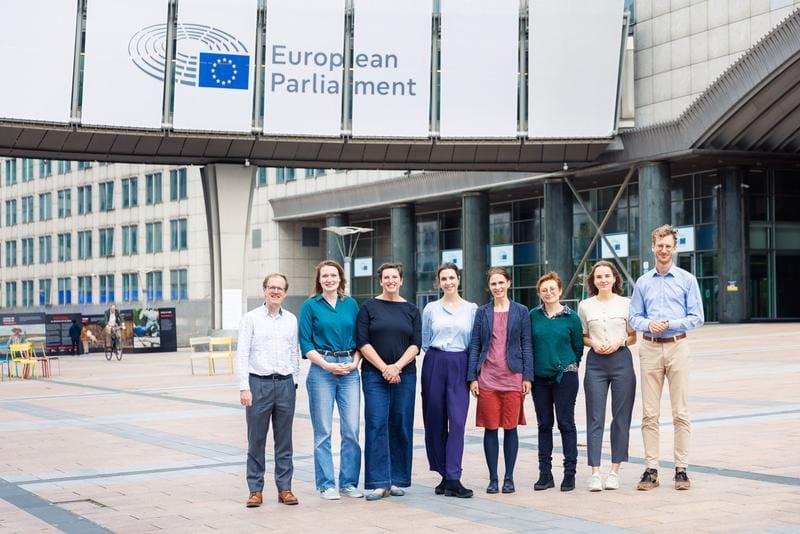DAAD receives PACA status: New role as a strategic EU partner
The German Academic Exchange Service (DAAD) is the first German research organisation to successfully pass the European Commission’s demanding “Pillar Assessment” and receive PACA status. This means that the DAAD can now independently implement EU projects in the field of education and science worldwide and strengthen its role as a strategic partner of the EU. The branch office in Brussels will be upgraded to a liaison office in order to intensify cooperation with European institutions.
The Pillar Assessed Contribution Agreement (PACA) is a comprehensive accreditation process that assesses an organisation’s ability to manage EU funds in a legally compliant and efficient manner. Among other things, the DAAD’s accounting, procurement law and internal control systems were audited. Only a few European organisations meet these strict criteria, which underlines the success of the DAAD and confirms its capacity in managing international projects.

The PACA status marks a milestone in the development of the DAAD from a national actor to a European organisation. Since 1987, the DAAD has been managing the Erasmus+ programme in the higher education sector in Germany as a national agency and has funded around one million stays abroad. He is also active in the European Rectors’ Conference, the European University Association (EUA) and as a founding member of the Academic Cooperation Association (ACA). With the PACA status, the DAAD can now be commissioned directly by the EU Commission to carry out global cooperation projects, which opens up new strategic opportunities.
In order to live up to this responsibility, the DAAD is upgrading its Brussels branch office to a liaison office, which acts as an interface between the Bonn headquarters, the Berlin capital office, the 20 worldwide branch offices and the EU institutions. It will initiate and accompany EU projects and represent the interests of the DAAD in Brussels. At the same time, a working unit for PACA projects is being created in Bonn, which will coordinate and support the implementation of new projects. These structural changes underline the growing importance of the EU as a central partner region for the DAAD and its internationalisation strategy.
Further information:
Proof of competence and door opener: What the new PACA status means for the DAAD – DAAD
Editor: X-Press Journalistenb├╝ro GbR
Gender Notice. The personal designations used in this text always refer equally to female, male and diverse persons. Double/triple naming and gendered designations are used for better readability. ected.




